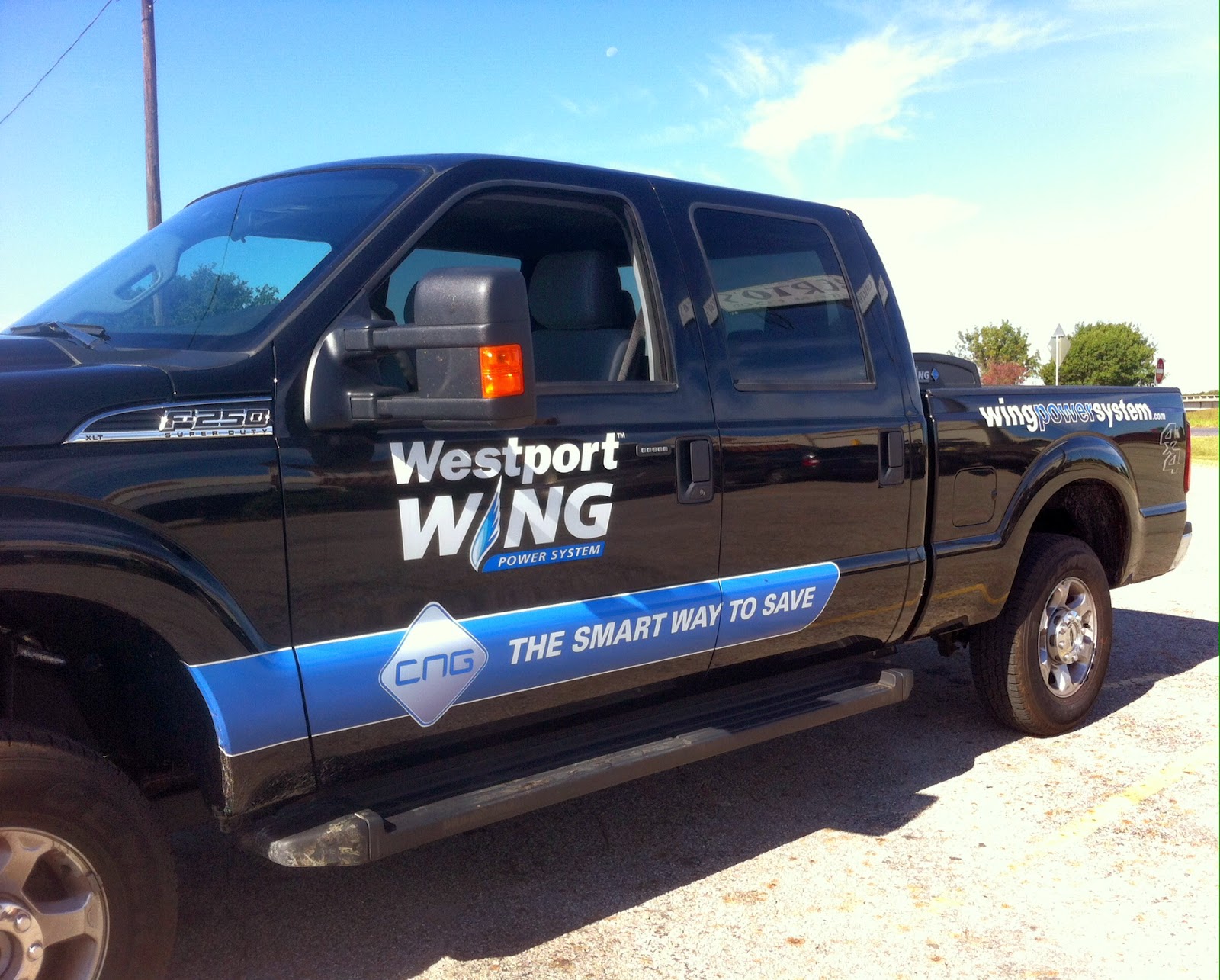The RCC is a state agency with regulatory jurisdiction over the oil and natural gas industry. Since September 2013 the Commission’s legislative mandate has included promoting the use of natural gas as an alternative fuel.
The agency organizes seminars across the state where panels of experts meet with fleet operators and other stakeholders to discuss grants, incentives, economic, regulatory and policy issues related to natural gas vehicles. In addition, the RCC owns NGVs, driven by field staff who inspect installations and facilities under Railroad Commission jurisdiction.
Dan Kelly, Director of RCC’s Alternative Fuels Research & Education Division (AFRED), says a wide array of public and private fleet operators have attended Railroad Commissioner David Porter’s informational sessions in several Texas cities. Attendees have represented and range of interests including: city, county and state fleets, oilfield service companies, school districts, trucking, construction and engineering companies, and waste and recycling haulers.
“We see a major opportunity in Texas to grow the NGV market,” Dan says. “The cost proposition for a potential fleet operator has changed dramatically in the past few years. Policymakers, industry and fleet operators are all aligned to take advantage of this opportunity.”
Dan says there are several reasons behind the RRC’s focus on NGVs including economics, energy security and the decreased amount of smog-forming oxides.
The RRC’s AFRED also promotes NGVs by working closely with industry organizations, grant funders, local and regional NGV coalitions, U.S. Department of Energy Clean Cities coalitions, purchasing cooperatives and post-secondary schools on areas such as research and training.
 |
| RCC Commissioner David Porter refuels a Westport CNG truck at the grand opening of the Apache/United Ag CNG station in El Campo Texas. |
“We see a major opportunity in Texas to grow the NGV market,” Dan says. “The cost proposition for a potential fleet operator has changed dramatically in the past few years. Policymakers, industry and fleet operators are all aligned to take advantage of this opportunity.”
Dan says there are several reasons behind the RRC’s focus on NGVs including economics, energy security and the decreased amount of smog-forming oxides.
The RRC’s AFRED also promotes NGVs by working closely with industry organizations, grant funders, local and regional NGV coalitions, U.S. Department of Energy Clean Cities coalitions, purchasing cooperatives and post-secondary schools on areas such as research and training.
Dan says the most common questions include how long it takes to refuel an NGV, the cost of building a station, what grants are available, how long it takes to transition a fleet and recover the initial cost and where to train mechanics.
Visit the RRC website: http://www.rrc.state.tx.us/index.php
Visit the RRC website: http://www.rrc.state.tx.us/index.php

No comments:
Post a Comment